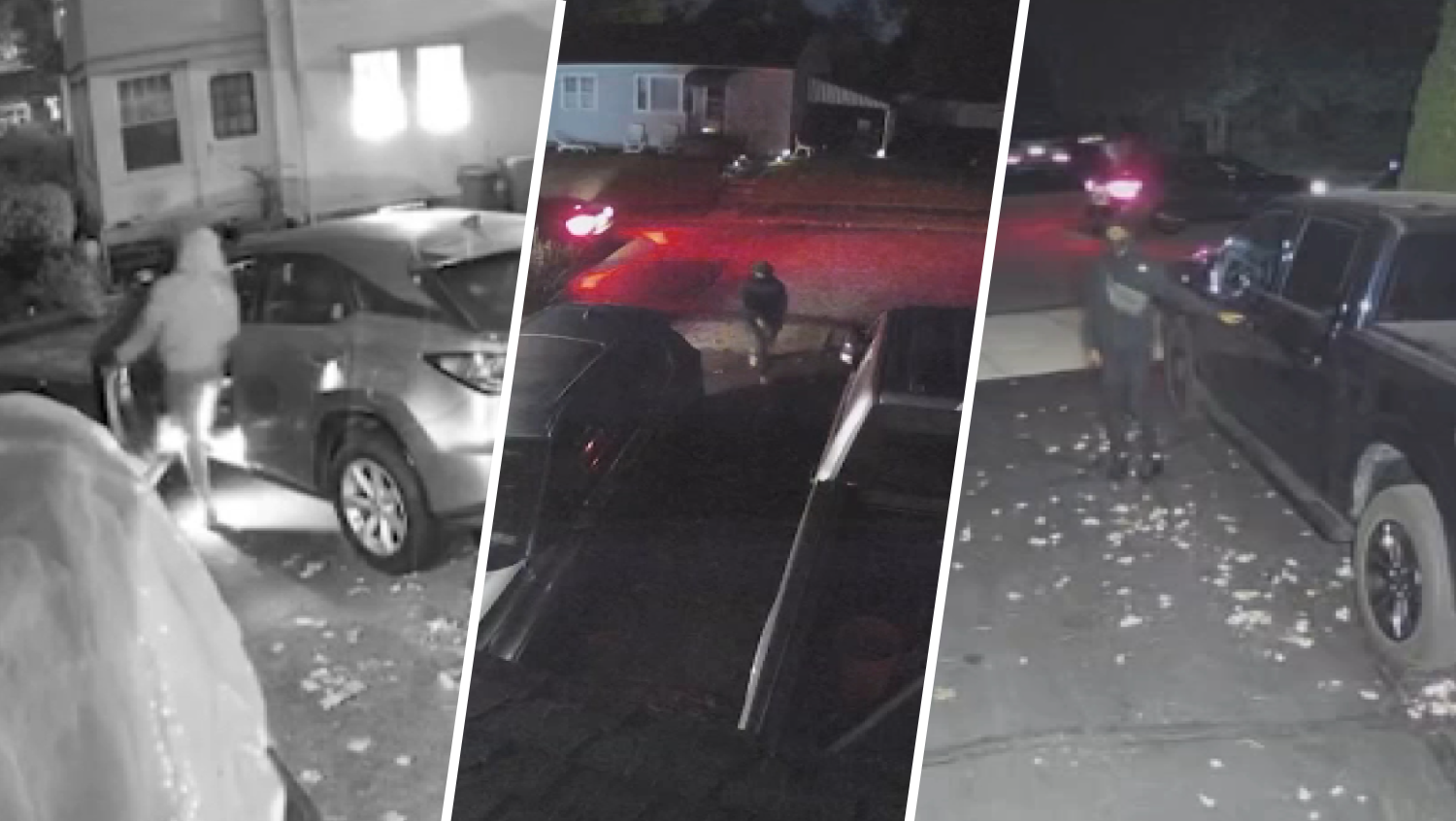NBC10 is one of dozens of news organizations producing BROKE in Philly, a collaborative reporting project on solutions to poverty and the push toward economic justice. Follow us at @BrokeInPhilly.
The calls and text messages are incessant. Though their landlord is all the way in New York, his presence is felt daily within this Reading, Pennsylvania row home.
Sometimes, Wendy’s mother cries.
“The light has gotten cut off. We’ve even been going to the food pantry to try to get food because we stopped buying food in order to keep up with the rent,” Wendy said.
Wendy is 17 and NBC10 is identifying her only by her first name because she's sharing her family's strained financial situation.
She and her family of six are just one of the many families across Pennsylvania worried about the end to a statewide ban on evictions enacted by Gov. Tom Wolf to keep people in their homes during the coronavirus outbreak.
Philadelphia, under special privileges granted to it by the state constitution, has extended its own eviction moratorium through Aug. 31. But other cities and counties throughout Pennsylvania are reliant on the state-imposed ban, which is set to expire on Friday.
Local
Breaking news and the stories that matter to your neighborhood.
“My young brothers, they know what’s going on, too. They talk to me,” Wendy said. “They see my mother crying and she just says that it’s a headache or something. It’s sad because they see what’s going on.”
On Wednesday, 55 community groups sent a letter to Wolf, asking him to extend the moratorium indefinitely. Not doing so, they argue, could trigger a “massive wave of evictions, homelessness, illness, and even death…”
“In the middle of this pandemic, the ability to be sheltered and be safe at home is life-saving,” said Patty Torres, the organizing director for Make the Road Pennsylvania, which helps Latinos in the state.
Make the Road Pennsylvania and the other 54 signatories of the letter to Wolf note that COVID-19 disproportionately affects Black and Latino communities, which are more likely to perform service-sector jobs and rely on public transit.
Those communities are also acutely at risk of losing their homes during the pandemic, Torres said.
That problem has been compounded for Latinos, many of whom, like Wendy’s parents, are undocumented and therefore excluded from the federal Coronavirus Aid, Relief, and Economic Security Act, which passed in March and provided financial aid for people who lost jobs due to the coronavirus outbreak.
Because of that lack of aid, Wendy recently took up a job as a hostess to help her family make ends meet. Her dad already has two jobs as a cook, but they’re still struggling to pay the $750 a month rent, plus utility bills and necessities for the four children – two boys aged 6 and 7, plus Wendy and her 15-year-old sister.
The utility companies have been cooperative, Wendy said, and they’ve turned the light back on after a shutoff. Their landlord, however, is a different story.
He’s undeterred by the fact that evictions in Pennsylvania are currently illegal, Wendy said.
“We can’t even have a day at home with my family without him continuing to blow our phones up and saying that we need to get a hold of him. We can’t even enjoy ourselves without him coming into the situation and ruining the day,” she said.
Families might be able to get some help through the state Rent Relief program, which is open to undocumented people, but that is also fraught with problems, such as a complicated application process which is only offered in English and which many people aren’t aware exists, Torres said.
In addition, people were only able to start applying on Monday, and notice on whether they’re approved for aid may take up to a month, well past the current expiration date for the eviction moratorium, she said.
Scott Elliott, director of communications for the Pennsylvania Housing Finance Agency, which is the state-affiliated agency that administers the program, said heavy call volumes and website visits to the PHFA suggest people are aware of the program. And, he added, the two press releases sent by the agency – and information posted to social media – have helped spread the word.
He noted that the PHFA was given only four weeks to set up two statewide relief programs – for renters and homeowners – and was still able to launch June 29 with a "stable website."
"So while some groups may see flaws, we feel the agency has performed well in pulling together two large, complicated relief programs in less than a month’s time," Elliott said.
Wendy, though, only found out about the program this week, after Torres told her about it.
Spanish application forms, Elliott said, will be posted to the PHFA website next Monday.
But next Monday may be too late if landlords start trying to evict people once the moratorium expires this Friday.
A spokesperson for Wolf said “a decision has not yet been made” about whether to extend the moratorium.
Wendy said she’s unsure what lies ahead.
Her mother wants to go back to work, but that would mean they’d have to find someone to take care of her brothers. Wendy wants to continue working, but she’s unsure how she’ll balance her job with the demands of senior year of high school and the additional technical education classes that she takes.
“I don’t even feel safe in our house anymore because what if one day I come back from school and our things are outside? It’s not easy,” she said.



